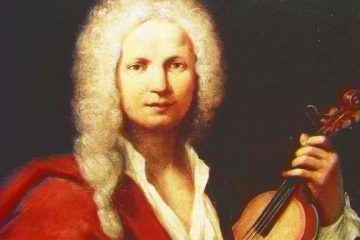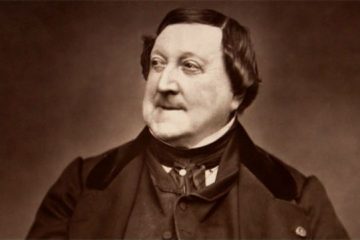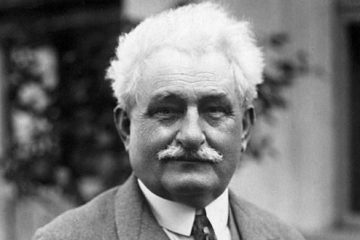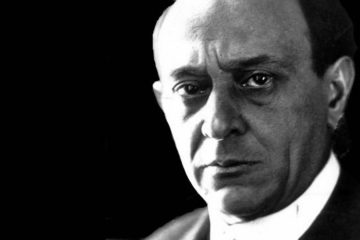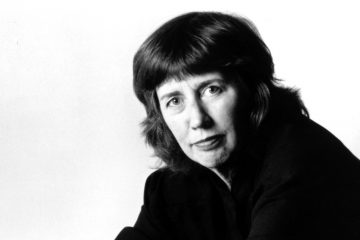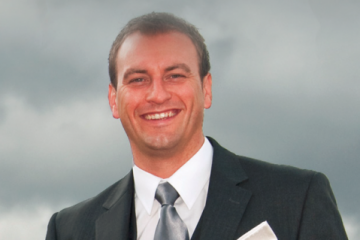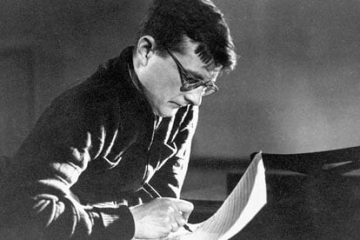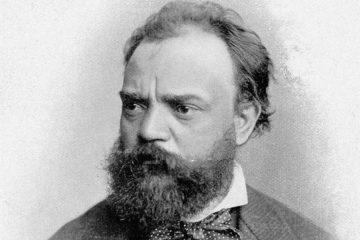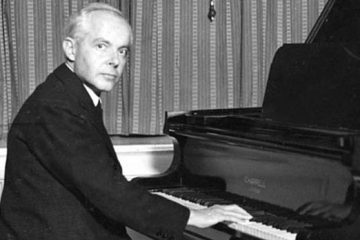Blogs
Antonio Vivaldi ‘The Four Seasons’: Well Weathered Concerti
Antonio Vivaldi: The Four Seasons Context Antonio Vivaldi composed his ever-popular collection of violin concerti The Four Seasons around the year 1721. The conception of what we can now deduce as an early form of programme music was revolutionary in the Baroque period. It has been speculated that the music from each Read more…
